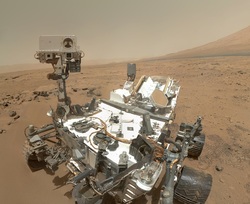
There's been a buzz going around about the Curiosity rover making a "big discovery" on Mars. Speculation includes finding surface organics. Scientists at JPL will not release information until they are sure about the results. A source that is close to the investigation has told me that they are 99.9% sure that the rover has found evidence for organic molecules. Why is this such a big deal? Organic molecules form the basis of life. Simple organic molecules were probably deposited on the surface of Mars by meteorite impacts. Meteorites found on Earth (likely from the Asteroid Belt) have been known to contain these compounds. "Super complex" organic molecules like anthracene have been found in instellar space. The complex molecules on Mars however may be the result of life forms that once existed there - or may still exist there today. Water on Mars was once also abundant and still flows to the surface in areas near the equator. Where we find water here on Earth we find life - even in the most improbable places.
NASA will announce the findings at 12pm (EST) December 2nd. An early Christmas present? Let's hope so!
NASA will announce the findings at 12pm (EST) December 2nd. An early Christmas present? Let's hope so!

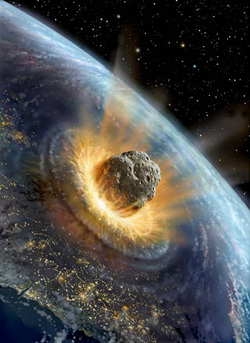
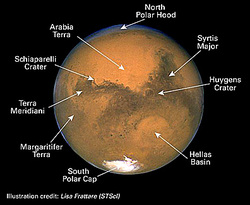
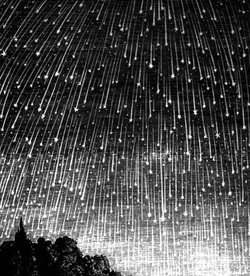

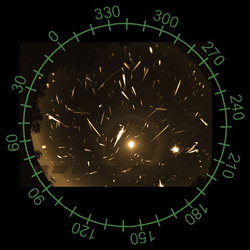
 RSS Feed
RSS Feed
